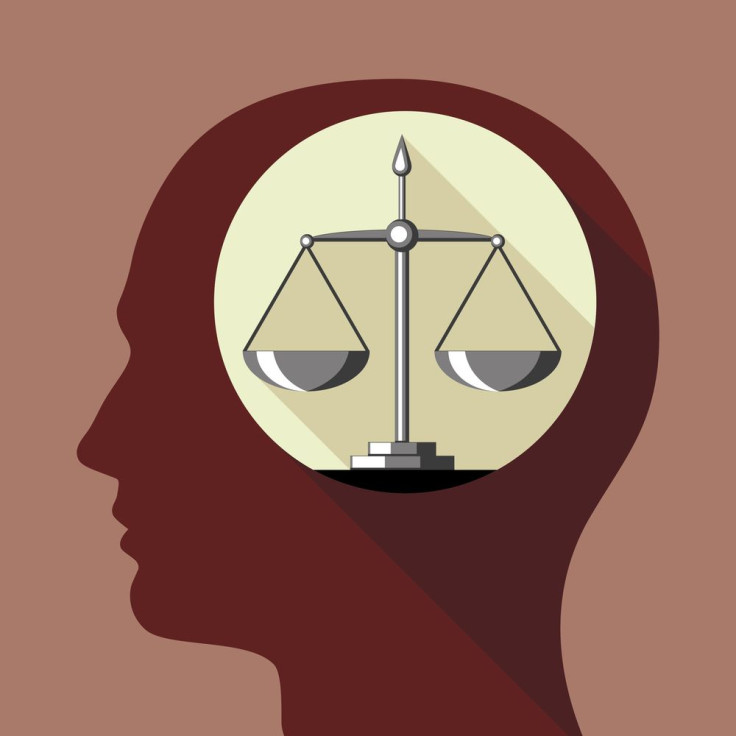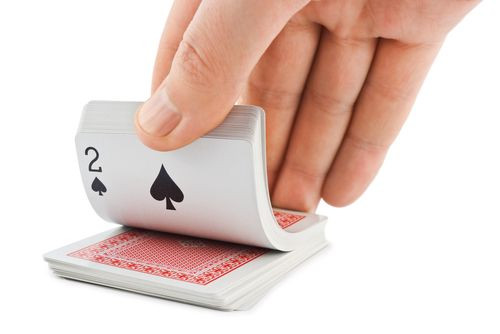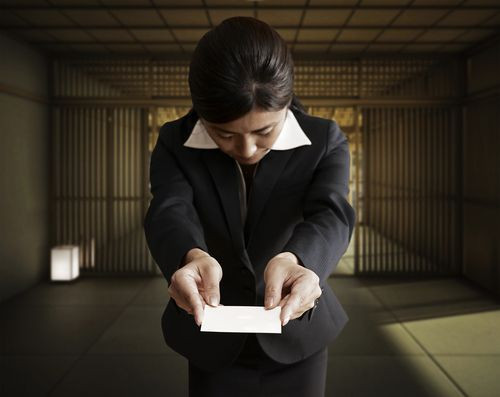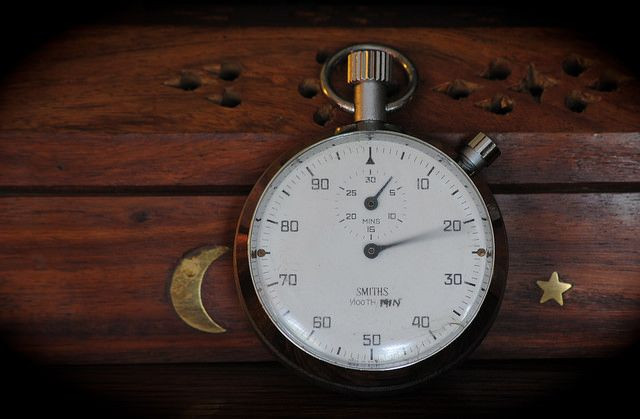The Science Of Decision-Making: 5 Surprising Ways We Make Life Choices

We make countless decisions each day, from the moment we wake till the second we rest our heads on a pillow. What clothes do I wear? What phrase will I use to greet my neighbor? How do I travel to work? You certainly get the picture. While being key to our behavior and every aspect of our lives, decision-making as a process is not something we give too much thought.
Thankfully, scientists have invested time and energy into this issue and some of their discoveries are bound to surprise and possibly alarm you.
Emotion is inextricably linked to and necessary for decision-making.
We need emotion to make decisions, if we lacked feeling (as certain brain-damaged patients do), we would become incapable of making a decent decision. Dr. Antonio Damasio, a neuroscientist and professor at USC and the Salk Institute, developed his somatic marker hypothesis to describe how visceral emotion supports our decisions. His theory defines the amygdala (the seat of our most primitive emotions) and the orbitofrontal cortex (the brain region most closely linked to decision-making) as intrinsic to a neural circuit critical for judgment and decision-making.
"Nature appears to have built the apparatus of rationality not just on top of the apparatus of biological regulation, but also from it and with it," he wrote in his book Descarte’s Error. Emotion and feeling act as the bridge between rational and nonrational processes. And effective decision-making, as he sees it, would not be possible in the absence of emotional input to provide both motivation and meaning. He derived his theory from various experiments and experiences with patients.
His most famous patient, Elliott, was a successful businessman who underwent neurosurgery for a tumor and suffered damage to his brain. Thereafter, the man was devoid of emotion. Yet, instead of making him a rational decision-maker, he became incapable of making even small decisions without endless deliberation. Despite retaining a high IQ, he experienced a kind of emotional paralysis and his businesses and marriage collapsed around him.

In a famous card game experiment, Damasio showed how our intuition becomes activated before our minds consciously understand. During the card game, players’ fingers began to sweat before reaching for a card from one of the bad decks — before they had worked out in their conscious minds that two of the card decks were bad and two good.
We make our decision, Damasio believes, based not only on facts and logic but on stored emotional memories that remain covert (and so intuitive) and help guide our decision-making on an unconscious level.
Decisions cost us.
According to a study conducted at University of Minnesota, making choices leads to what the researchers refer to as reduced self-control, meaning less physical stamina, reduced persistence in the face of failure, more procrastination, and less quality and quantity of arithmetic calculations.
For the study, the research team enlisted the help of students who, after being divided into two groups, participated in a series of similar studies exploring the effects of choice. In the first experiment, both groups received the same list of products, yet one group was asked questions about how often they’d used the products in the past, while the other was asked to choose between different versions of the same product. Similar experiments followed, where one group made or did not make decisions regarding college courses or class material.

“Making choices apparently depleted a precious self-resource because subsequent self-regulation was poorer among those who had made choices than it was among those who had not,” wrote the authors in the conclusion of their study. “This pattern was found in the laboratory, classroom, and shopping mall. It was found with assigned choices and spontaneously made choices. It was found with inconsequential and more consequential choices.”
Expectations shape our decisions.
The realm known as social decision-making is based on what we believe to be socially appropriate. In a study examining the role of social norms, the researchers used a simple economic bargaining game, where one person proposed an offer and another person responded.
While generally, responders were more likely to reject offers as they became increasingly inequitable, responder’s expectations about how they believed proposers would play the game impacted their decisions regarding clearly unfair offers.
Simply put, responders who expected proposers to make lower offers were more likely to accept these offers than those responders who did not expect lower offers. In other words, we have specific beliefs about what to expect in different contexts, and we are likely to reject whatever violates these expectations.

Essentially, then, we rely on our beliefs about social norms to make decisions. Even more, the underlying neuroscience suggests we generate a neural signal when others violate our expectations, and this may serve as an emotional inducement to bias our behavior and enforce a social norm.
Collective decision-making is inferior to individual instinct.
When we rely too heavily on social information — listening to what our neighbors and friends say — we slowly begin to ignore our instincts and the overall group becomes less responsive to changes in the natural environment, say researchers from University of Exeter.
Led by Dr. Colin Torney, the research group constructed mathematical models to look at how groups evolve. After creating a simple model and placing it within a dynamic environment, they examined effects and results based on optimal decision theory and evolutionary invasion analysis. What gradually happens over time, sad to say, appears rather bleak.
“As individuals in a well-functioning group provide an excellent source of information, natural selection leads to over-reliance on social cues,” wrote the authors in their study. Thus, over time an over-reliance on social information occurs and soon the more-conformist of individuals yield the most power, leading to failures in information processing.

Part and parcel of the social organism, we find ourselves caught between our personal and collective interest. Importantly, while it may seem the loss is only our own, truth is, the group as a whole suffers by missing out on the benefits of unique instinctual response.
The more time it takes to make a decision, the less confident we feel.
A team of neuroscientists discovered that our brains interpret decisions which take a longer amount of time as less confident ones. In their recent study, Dr. Roozbeh Kiani, an assistant professor in NYU's Center for Neural Science, and his colleagues designed an experiment where participants were asked to decide on the direction the dots within a motion display would be headed — up or down? Participants answered by making an eye movement to either an up or down horizontal bar, and further directed their gaze toward one or the other end of the bar to indicate their level of confidence in the decision.
This non-verbal study design ensured participants were using the same information to guide both aspects of the decision. Meanwhile, the researchers tracked participants’ eye movements and recorded each choice, amount of time to make the choice, and the confidence in that choice. As the experiment continued, they manipulated the level of difficulty in predicting the motion of the dots, making it more or less challenging.

Unsurprisingly, more evidence boosted the confidence of participants’ responses, the researchers found, while time indicated the confidence level of participants — the less time it took to make each decision, the more confident they felt. In a second experiment, participants had no real evidence on which to make a decision for a brief period. And, naturally, they needed more time to make a decision. Yet, though the participants achieved the exact same level of accuracy as in the previous experiment, their confidence decreased.
“Additional time is useful only if it adds to the overall evidence that is used for the decision,” Kiani told Medical Daily. Otherwise, time kills our self-assurance.



























